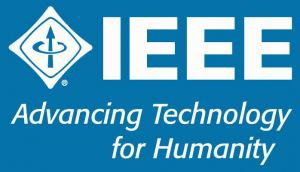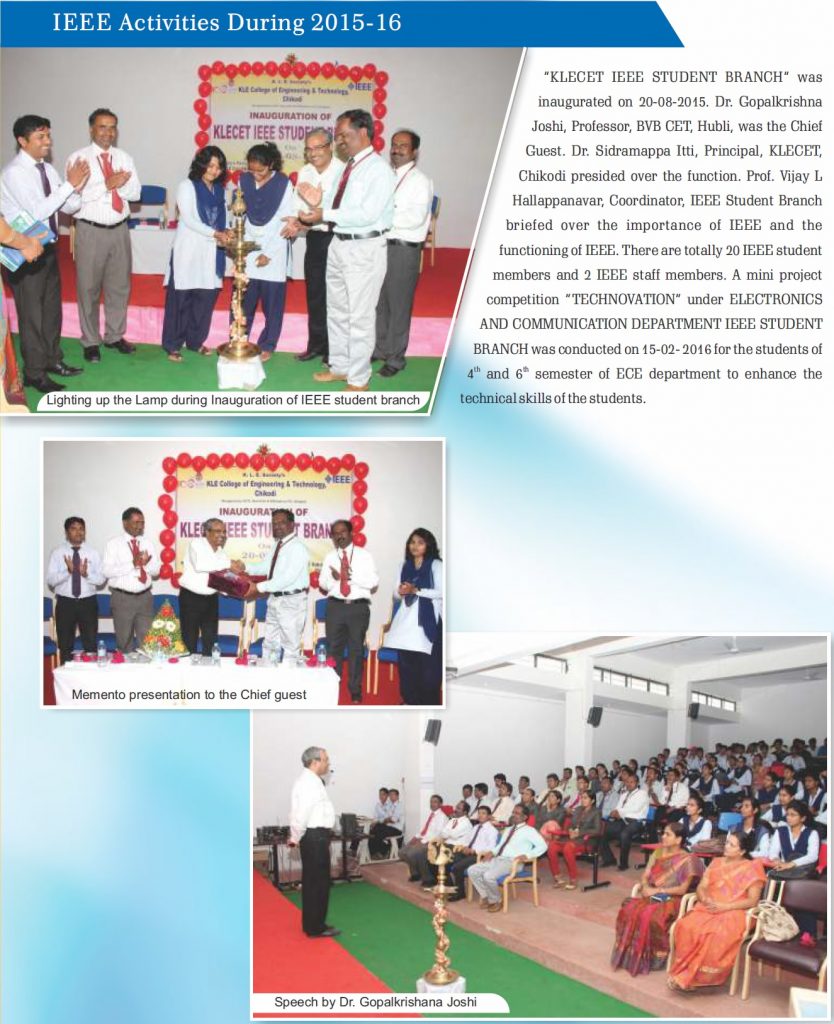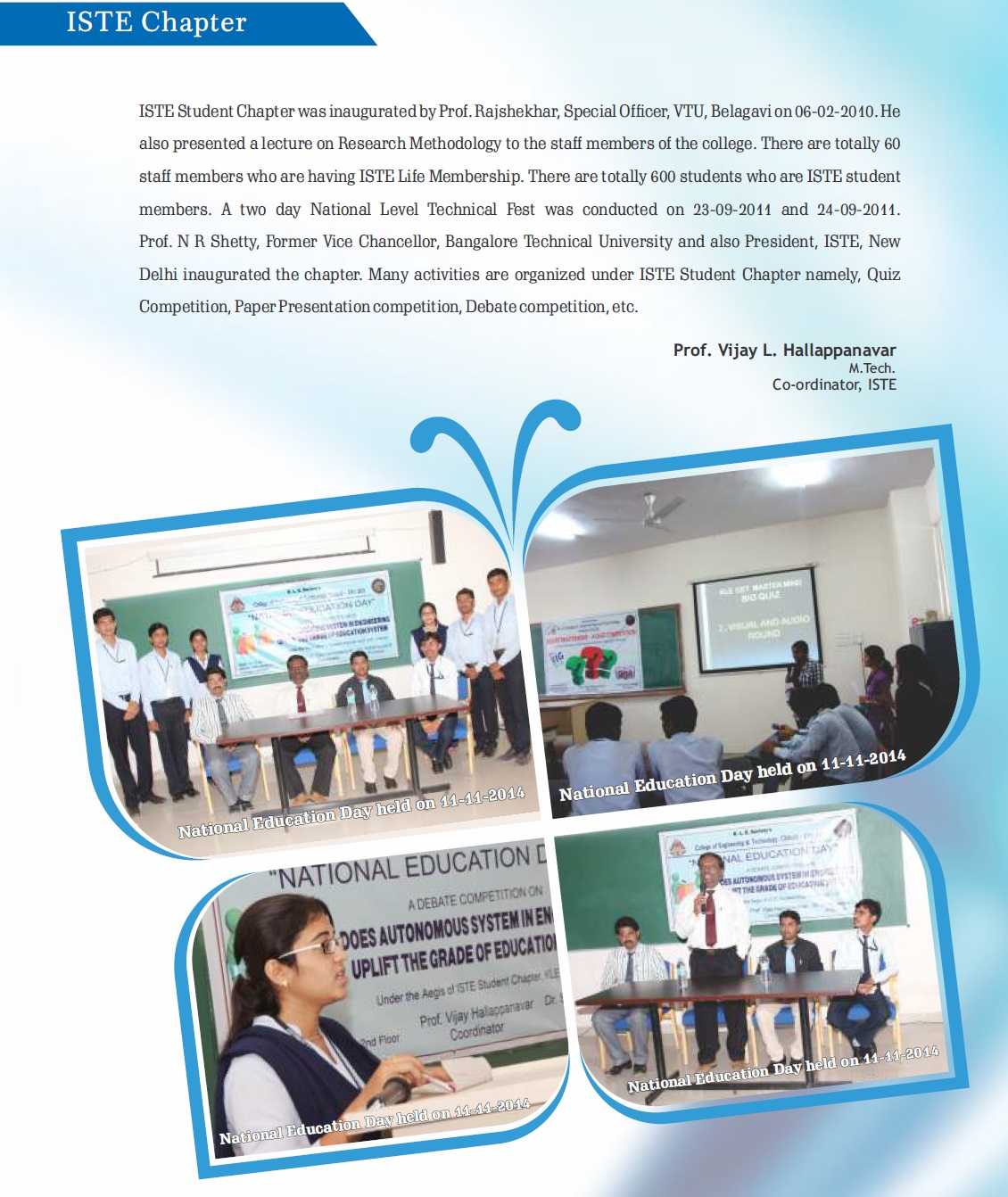IEEE

IEEE stands for the “Institute of Electrical and Electronics Engineers”. The association is chartered under this full legal name. IEEE’s membership has long been composed of engineers and scientists. Allied professionals who are members include computer scientists, software developers, information technology professionals, physicists, and medical doctors, in addition to IEEE’s electrical and electronics engineering core. For this reason the organization no longer goes by the full name, except on legal business documents, and is referred to simply as IEEE.
The IEEE is dedicated to advancing technological innovation and excellence. It has about 430,000 members in about 160 countries, slightly less than half of whom reside in the united states
The IEEE includes 39 technical Societies, organized around specialized technical fields, with more than 300 local organizations that hold regular meetings.
IEEE produces over 30% of the world’s literature in the electrical and electronics engineering and computer science fields, publishing well over 100 peer-reviewed journals.
The published content in these journals as well as the content from several hundred annual conferences sponsored by the IEEE are available in the IEEE online digital library, IEEE Xplore, for subscription-based access and individual publication purchases.
The IEEE provides learning opportunities within the engineering sciences, research, and technology. The goal of the IEEE education programs is to ensure the growth of skill and knowledge in the electricity-related technical professions and to foster individual commitment to continuing education among IEEE members, the engineering and scientific communities, and the general public.
The Institute of Electrical and Electronics Engineers sponsors more than 1,600 annual conferences and meetings worldwide. IEEE is also highly involved in the technical program development of numerous events including trade events, training workshops, job fairs, and other programs.
IEEE also sponsors a website designed to help young people better understand engineering, and how an engineering career can be made part of their future. Students of age 8–18, parents, and teachers can explore the site to prepare for an engineering career, ask experts engineering-related questions, play interactive games, explore curriculum links, and review lesson plans. This website also allows students to search for accredited engineering degree programs in Canada and the United States; visitors are able to search by state/province/territory, country, degree field,
tuition ranges, room and board ranges, size of student body, and location (rural, suburban, or urban). Through the Student Activities Committee, IEEE facilitates partnership between student activities and all other IEEE entities.
- Student Members: Student membership is available for a reduced fee to those who are enrolled in an accredited institution of higher education as undergraduate or graduate students in technology or engineering.
IEEE Student chapter in KLECET CHIKODI Electronics and Communication Dept Has been established in August 2015.
EVENTS:
- IEEE Student chapter inaugurated on 28 th Aug 2015, Prof Gopalkrishna Joshi ,B V B Hubballi was the chief guest.
- CONDUCTED PROJECT COMPETITION For 4 & 6 th Sem ELECTRONICS and COMMUNICATION Engineering students , TECHNOVATION–16 On 15th FEB 2016.
Interactions
Quick Links
Social Links
Approvals
Find Us
Principal's Desk
Dr. Darshankumar D. Billur,M.Tech., Ph.D,PrincipalE-mail : [email protected]
Phone No. : 08338 - 257100 (Off.)




